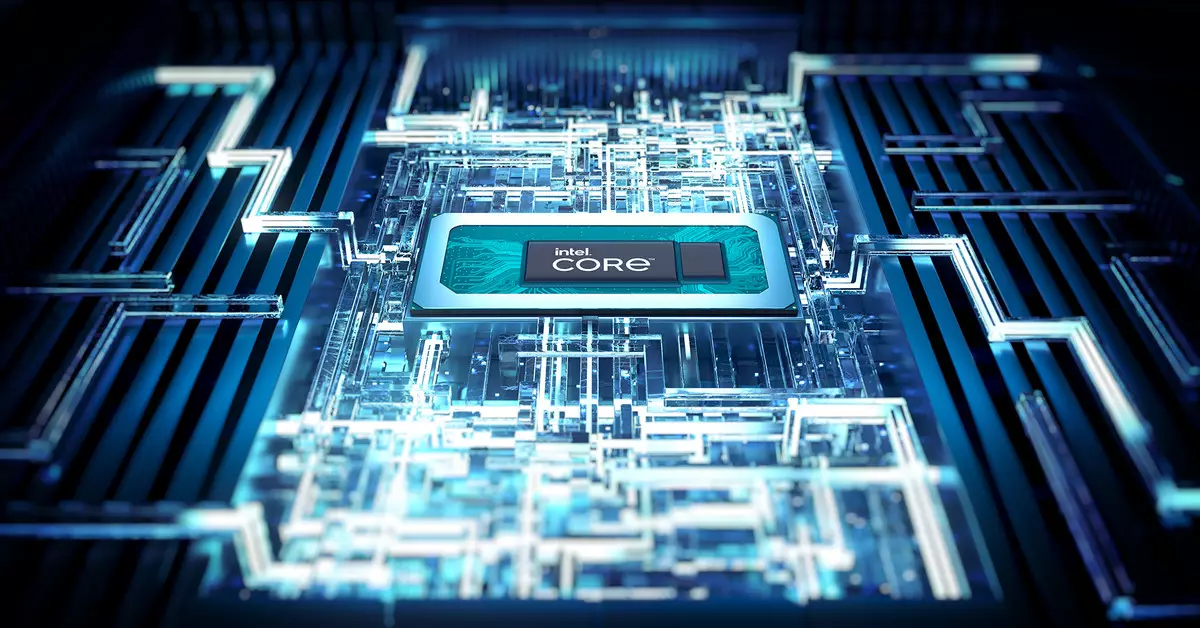For months, there has been speculation about the potential instability of Intel’s laptop chips, similar to the issues found in some desktop chips. However, Intel has finally addressed this concern and confirmed that its 13th and 14th Gen laptop chips do not exhibit the same problems. The company reassures users that these chips are not affected by the Vmin Shift Instability issue that has plagued certain desktop processors.
While Intel continues to investigate the root cause of the crashes associated with the Vmin Shift Instability, the company’s spokesperson, Thomas Hannaford, has stated that laptop chips, specifically the 13th and 14th Gen models, are not impacted by this issue. This confirmation comes after concerns were raised by a game developer, Alderon Games, regarding the susceptibility of laptop chips to instability.
Intel has released a list of products that are not affected by the Vmin Shift Instability issue. This list includes various Intel Core processors, such as 12th Gen desktop and mobile processors, 13th and 14th Gen i5 and i3 desktop processors, as well as Xeon processors. Additionally, Intel Core Ultra (Series 1) processors and HX-series mobile processors are deemed unaffected by the issue.
While most Intel Core 13th and 14th Gen desktop processors are not impacted by the Vmin Shift Instability, Intel recommends that users ensure their systems are running the latest BIOS updates. By following Intel’s Default Settings recommendations and updating the BIOS accordingly, users can mitigate the potential risks associated with the instability issue.
Intel has also assured users that future chip releases, such as those on the Arrow Lake and Lunar Lake architectures, will be safeguarded against the Vmin Shift Instability problem. The company is committed to delivering products that are not susceptible to such issues in their upcoming lineups.
For users who may have already experienced damage to their i9, i7, or K-series i5 desktop CPUs due to the instability problem, Intel and PC builders are offering a two-year warranty extension. If your CPU is damaged, it is recommended to contact Intel or your PC builder promptly to arrange for a replacement. Most PC makers have indicated that they will honor the warranty extension, ensuring that affected users receive the necessary support and resolution.
Intel’s confirmation of the stability of its 13th and 14th Gen laptop chips brings relief to users concerned about the potential risks associated with the Vmin Shift Instability issue. By following Intel’s recommendations for BIOS updates and utilizing the latest systems, users can safeguard their devices against any unforeseen problems. With a commitment to addressing future chip releases, Intel demonstrates its dedication to providing reliable and secure products for its customers.

